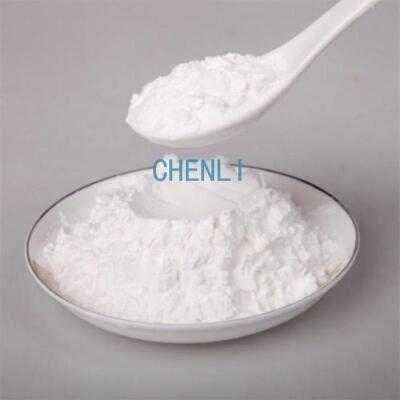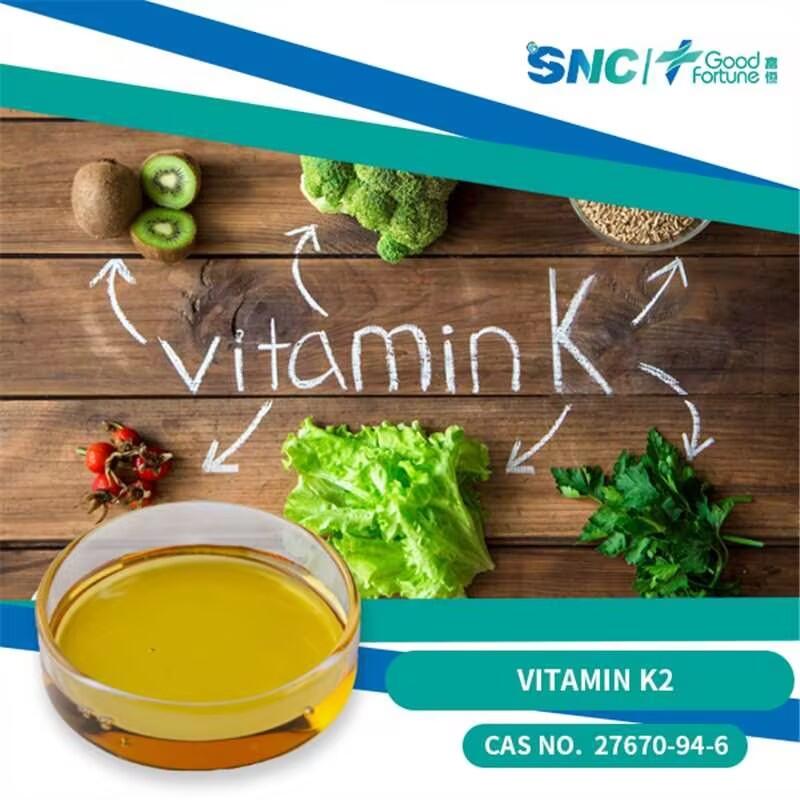-
Categories
-
Pharmaceutical Intermediates
-
Active Pharmaceutical Ingredients
-
Food Additives
- Industrial Coatings
- Agrochemicals
- Dyes and Pigments
- Surfactant
- Flavors and Fragrances
- Chemical Reagents
- Catalyst and Auxiliary
- Natural Products
- Inorganic Chemistry
-
Organic Chemistry
-
Biochemical Engineering
- Analytical Chemistry
-
Cosmetic Ingredient
- Water Treatment Chemical
-
Pharmaceutical Intermediates
Promotion
ECHEMI Mall
Wholesale
Weekly Price
Exhibition
News
-
Trade Service
β-Alanine, N-[(2R)-2,4-dihydroxy-3,3-dimethyl-1-oxobutyl]-, calcium salt, hydrate (2:1:1) is a widely used chemical compound in the cosmetic and pharmaceutical industries.
It is known for its ability to improve skin hydration, reduce the appearance of fine lines and wrinkles, and enhance the overall appearance of the skin.
As a cosmetic ingredient, β-alanine is considered to be safe for use in a wide range of cosmetic products, including skin care and hair care products.
However, it is important to note that as with any cosmetic ingredient, β-alanine should be used in proper concentrations and with the appropriate formulation to ensure safety and efficacy.
Overuse or improper use of β-alanine can result in irritation or other adverse effects on the skin.
There is a considerable amount of research available on the safety of β-alanine.
According to the Scientific Committee on Consumer Safety (SCCS), β-alanine is safe for use in cosmetic products at concentrations up to 10%.
The SCCS also states that β-alanine is not classified as a skin irritant or sensitizer, and there is no evidence of skin sensitization or photoallergenic potential.
In addition, the Cosmetic Ingredient Review (CIR) has evaluated the safety of β-alanine and has concluded that it is safe for use in cosmetic products at concentrations up to 10%.
The CIR also notes that β-alanine has been shown to have moisturizing and hydrating properties, and that it may improve the overall appearance of the skin.
Despite the widespread use of β-alanine in cosmetic and pharmaceutical products, there is limited toxicological data available on its long-term effects.
Therefore, further research is needed to fully understand the safety and efficacy of β-alanine in cosmetic and pharmaceutical products.
It is important to note that while β-alanine is generally considered safe for use in cosmetic products, individual sensitivity may still occur.
Therefore, it is recommended to patch test the product before using it on the entire face, especially for people with sensitive skin, or if you have any underlying skin conditions.
In conclusion, β-Alanine, N-[(2R)-2,4-dihydroxy-3,3-dimethyl-1-oxobutyl]-, calcium salt, hydrate (2:1:1) 2000 is a widely used chemical compound in the cosmetic and pharmaceutical industries, known for its ability to improve skin hydration, reduce the appearance of fine lines and wrinkles, and enhance the overall appearance of the skin.
As a cosmetic ingredient, it is considered to be safe for use in a wide range of cosmetic products, including skin care and hair care products, but it should be used in proper concentrations and with the appropriate formulation to ensure safety and efficacy.







